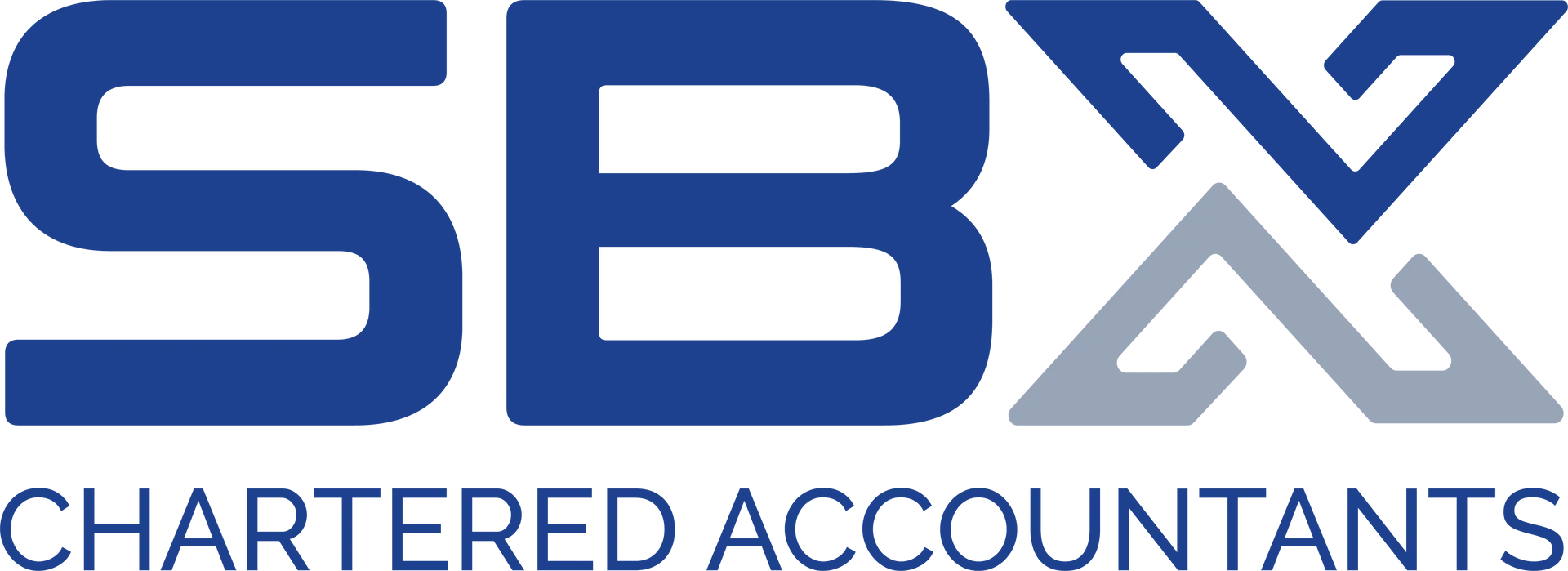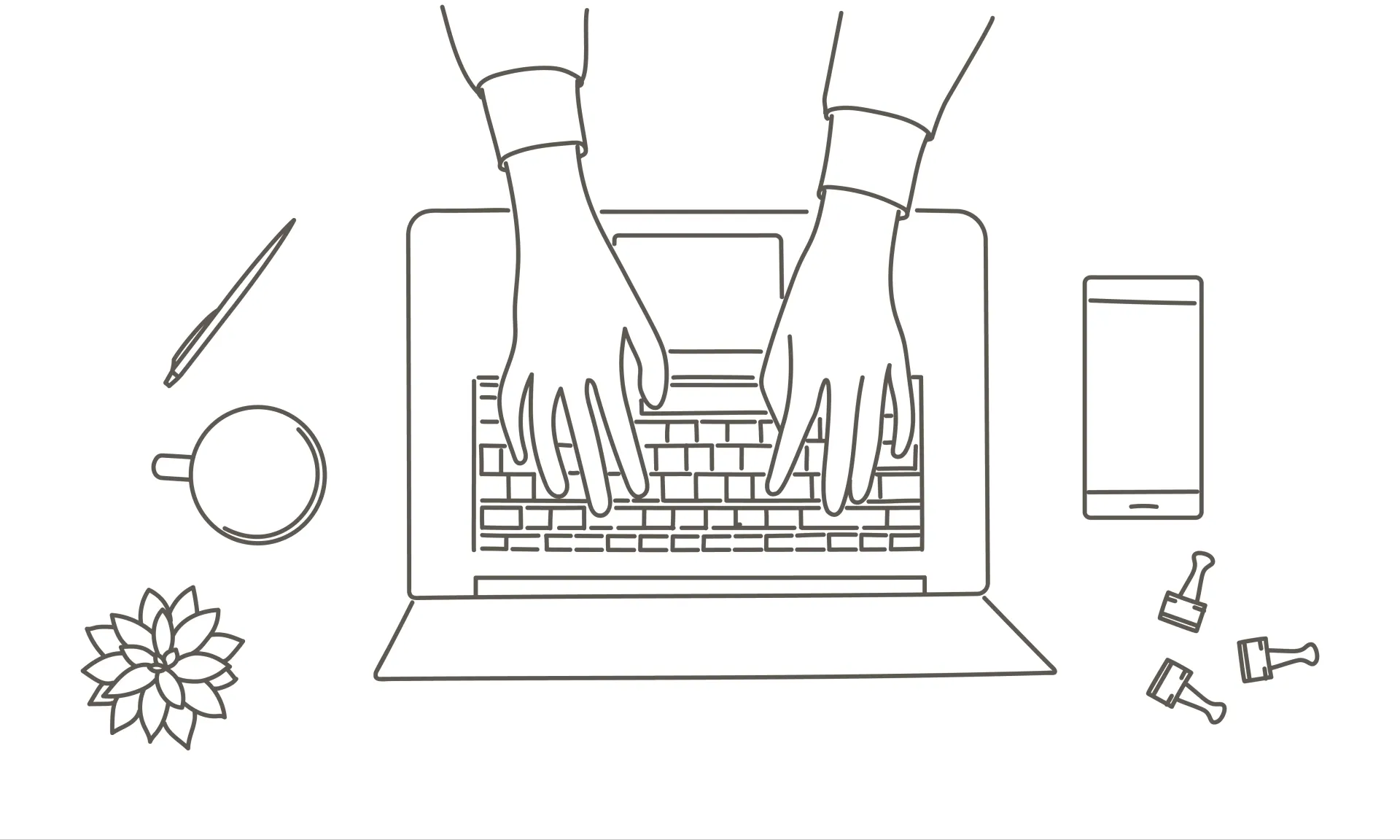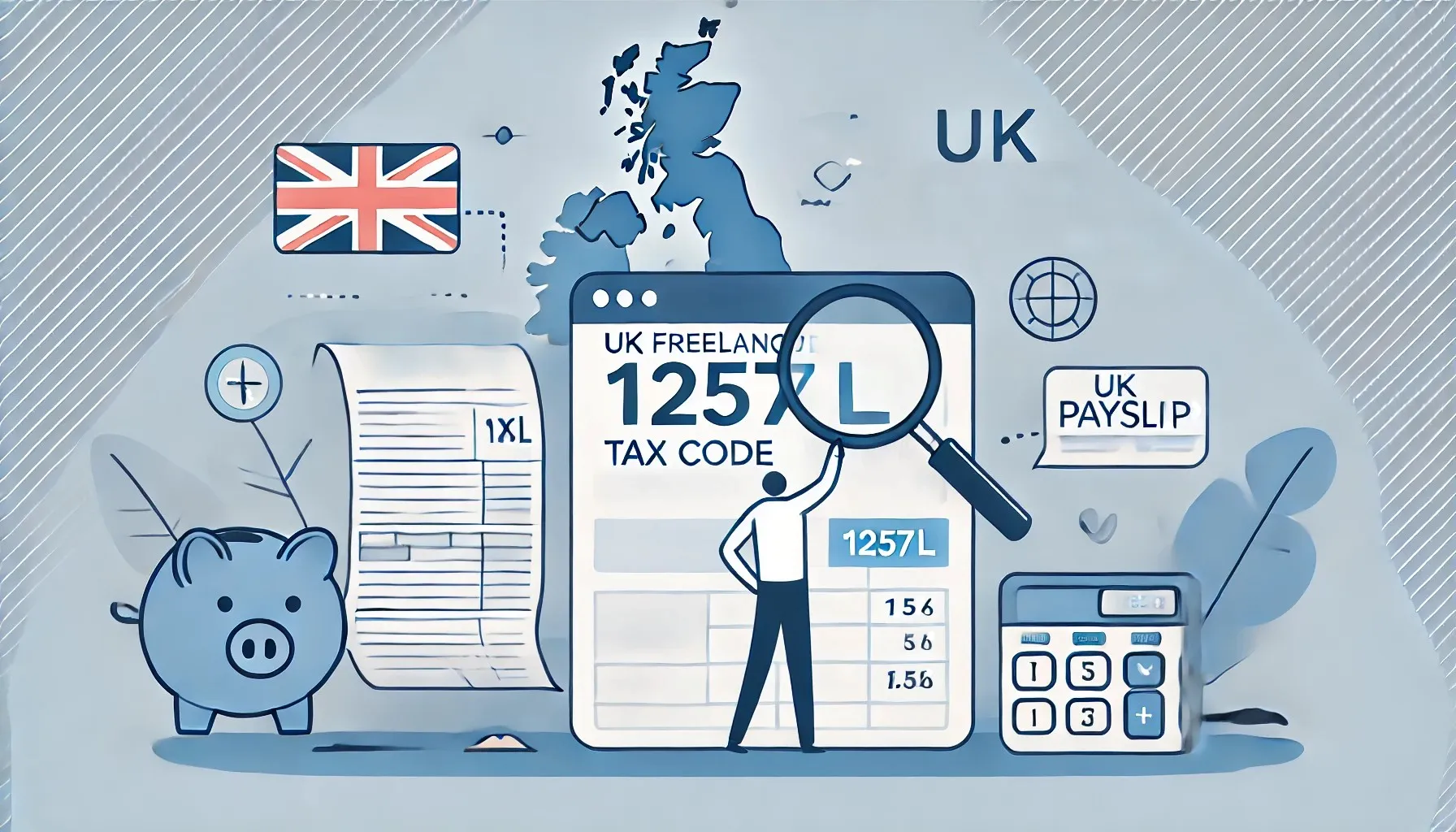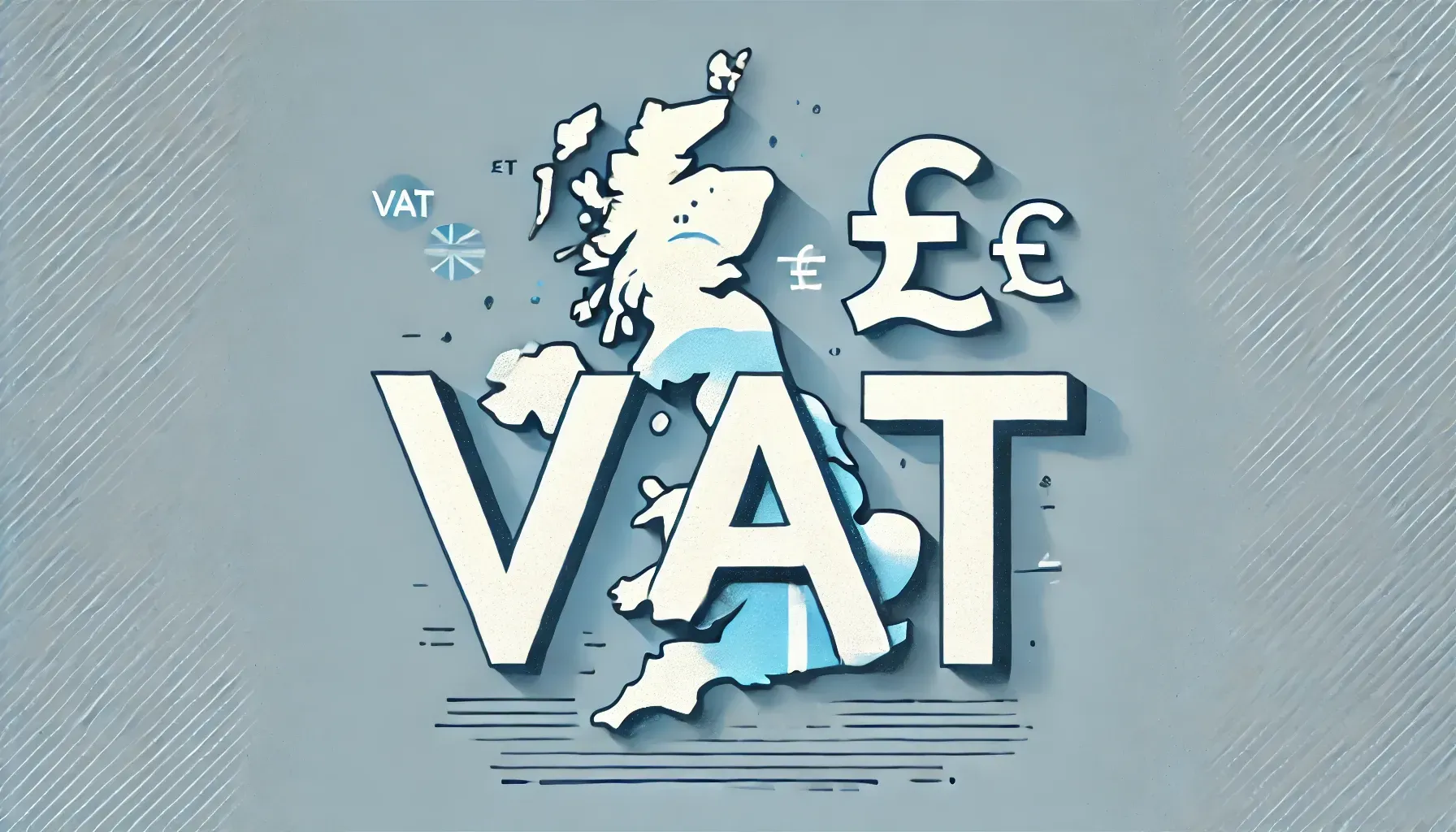Going Solo: Sole Trader Basics
- 10 May 2025
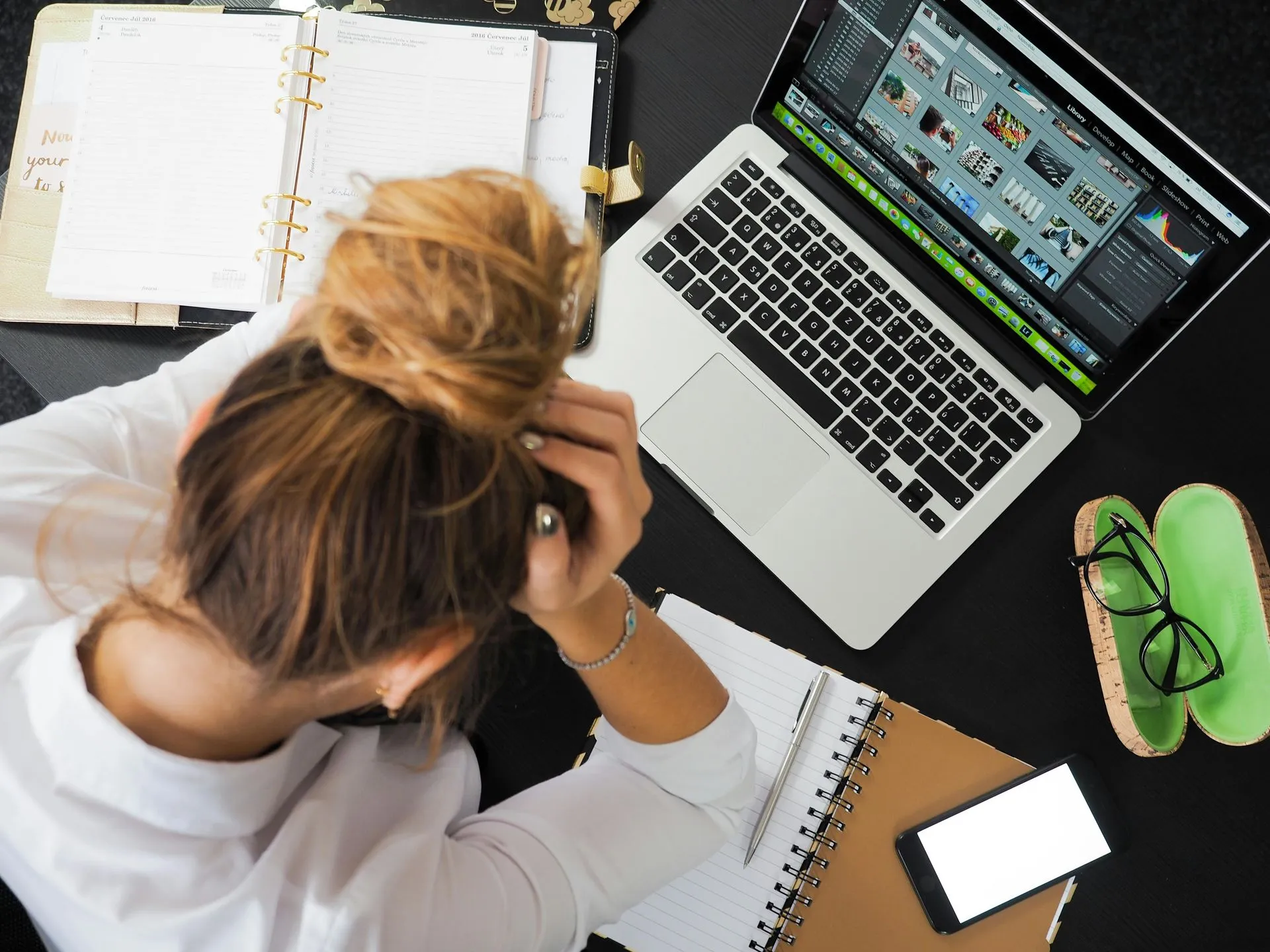
Sole Trader Guide: Setup, Tax, and What to Expect
Our sole trader guide helps you understand everything you need to know when starting out. From legal requirements to financial responsibilities, SBX Accountants is here to support you with registration, tax, and bookkeeping, so you can launch your business with confidence.

Choose the Right Business Structure
Different structures – sole trader, partnership, limited company – have different tax, liability, and admin implications.
➡️ Explore more in our guide: What Type of Legal Structure Should I Choose?
Sole Trader vs Self‑Employed – Know the Difference
“Self‑employed” simply means you run your own business but it doesn’t indicate a legal structure.
As a sole trader, you’re the sole owner, entitled to all profits but also personally liable for any debts.
✅ You’ll need to register with HMRC as a sole trader to file your Self‑Assessment.
How to Register as a Sole Trader
Registration is easy and entirely online. Just sign in to your Government Gateway account and complete HMRC’s registration process.
Your Responsibilities as a Sole Trader
As a sole trader, you’ll need to manage:
- Accurate bookkeeping
- Annual Self‑Assessment tax returns
- Income Tax and National Insurance contributions
- VAT returns (if your turnover exceeds £90,000)
Understanding Tax Obligations
Your tax is based on profit. Maintaining proper records helps you forecast and avoid unexpected bills.
📌 At SBX, we handle forecasting, tax submissions, and Making Tax Digital (MTD) compliance for you.
Why Bookkeeping Matters
Bookkeeping is essential especially under MTD rules.
🔗 See how our Bookkeeping Services can help.
What Records Should You Keep?
Keep the following for at least 5 years after each tax year deadline:
- Sales invoices and income records
- Business expense receipts
- PAYE data (if you employ staff)
- VAT records (if registered)
When to Register for VAT
You must register if your taxable turnover exceeds £90,000 in a 12-month period.
📌 Voluntary registration may also be beneficial. SBX can advise you.
What Business Expenses Can You Claim?
You can deduct many legitimate expenses, including:
- Office equipment and stationery
- Travel, fuel, and vehicle expenses
- Marketing and software subscriptions
- Mobile phone and internet bills
- Professional fees (e.g. accounting)
📎 Always keep receipts to support your claims.
✅ Need Help Getting Started?
SBX Accountants provide:
Fast sole trader registration
Simple, MTD-compliant bookkeeping
VAT advice and filing
Help claiming all allowable expenses
📞 Request a free callback today and get personalised support to launch with confidence.
